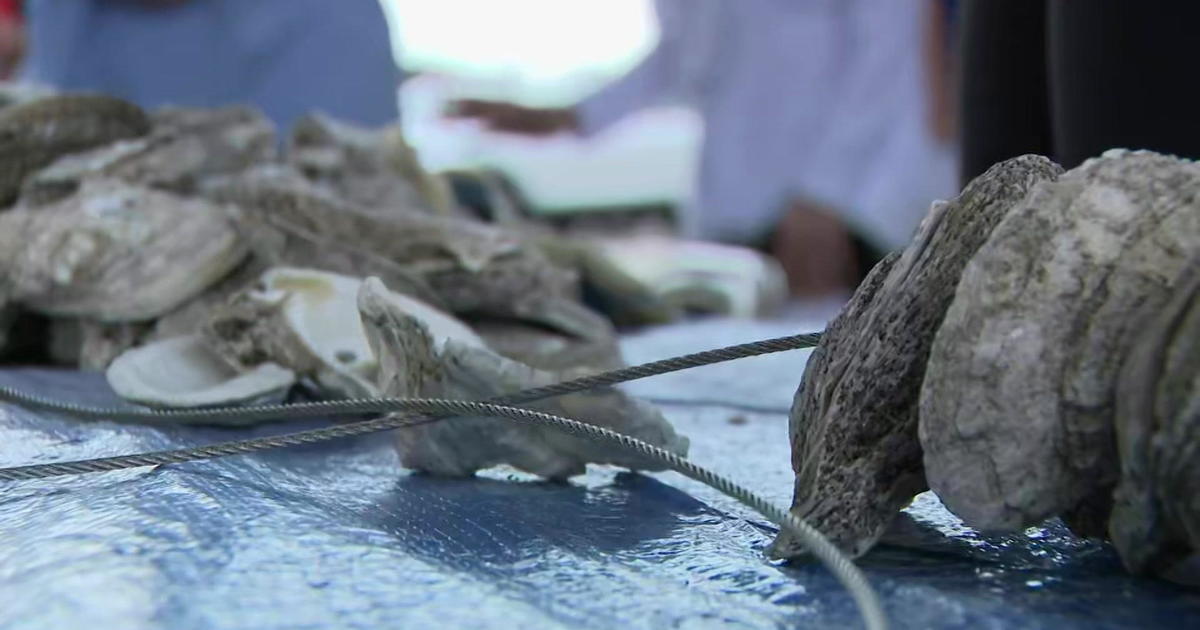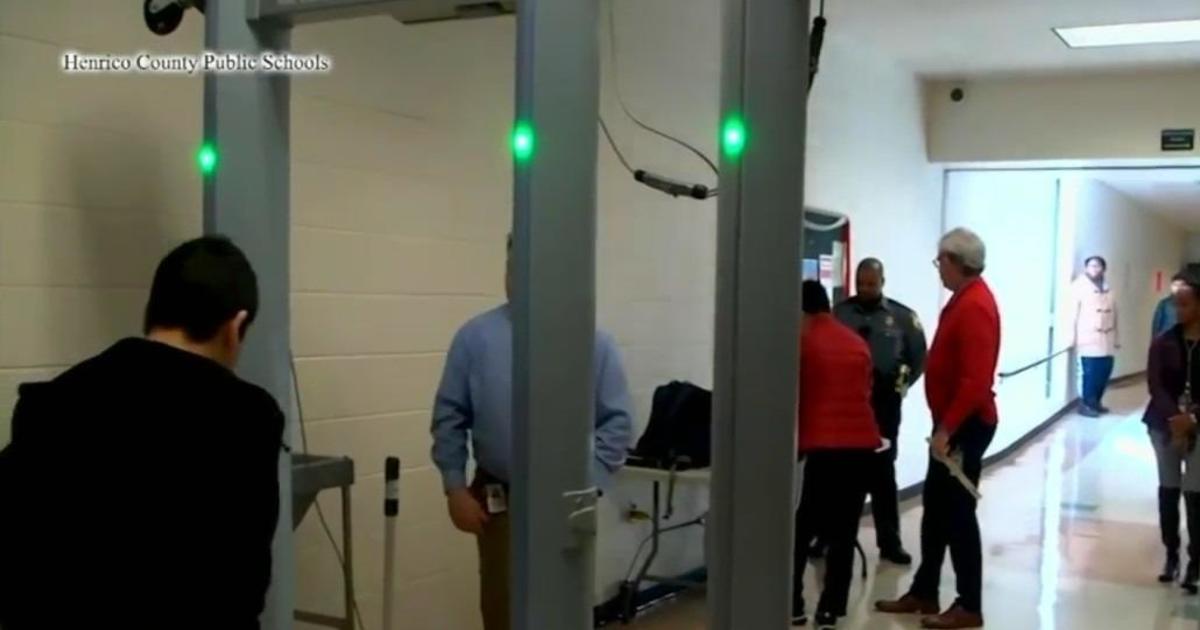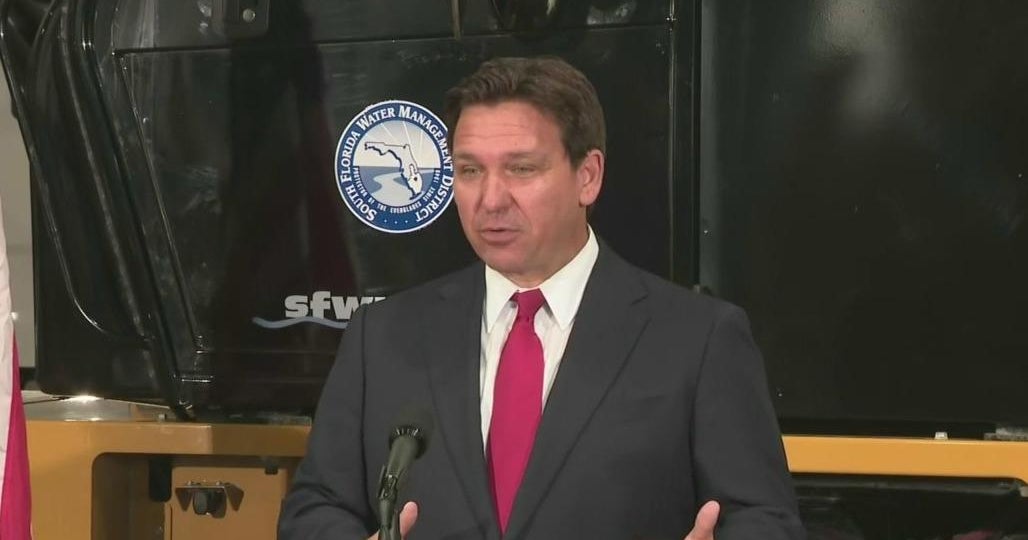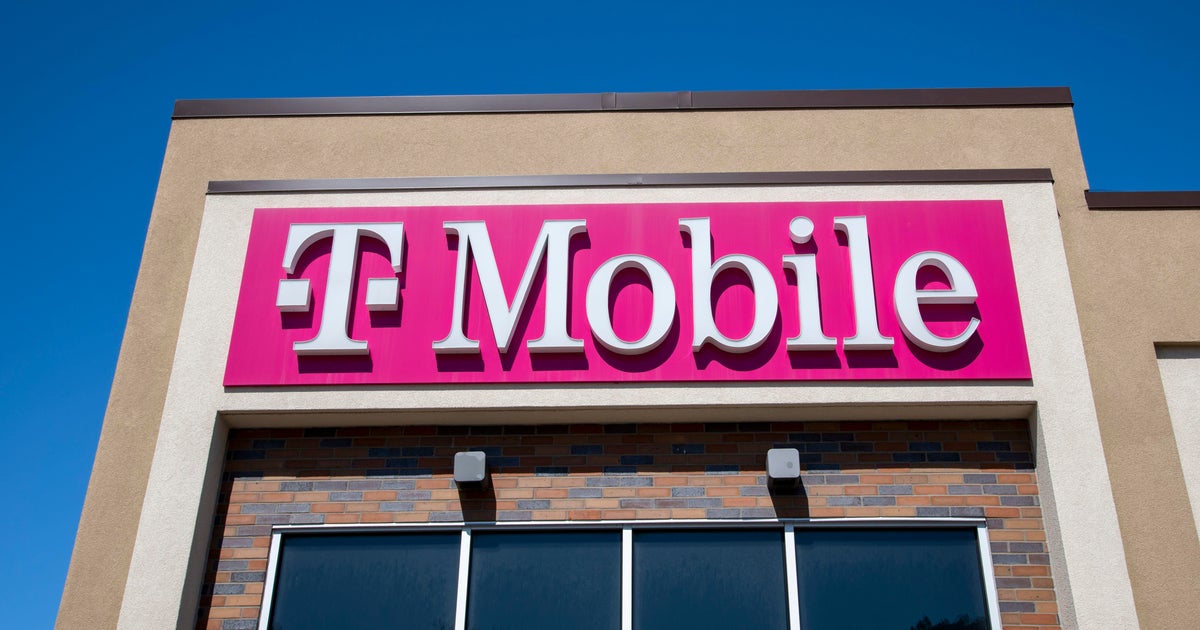The Risks Of Waiting For A Baby
Follow CBSMIAMI.COM: Facebook | Twitter
MIAMI (CBSMiami) -- You may not even be thinking of having a baby yet, but if you're in your 20's maybe you should start thinking about and planning for that bundle of joy now.
Even if your career is your top priority, many women may be overconfident when it comes to their fertility, putting it off later and later, not realizing the earlier they plan, the better.
For 35-year old, Mari Hernandez, fitness is more than a hobby. It's a way of life.
She trains for fitness competitions. All that hard work may pay off on stage, but it's left little time for family planning.
"As time went on, you don't think about having children. My life was exciting. I was having a great time," said Hernandez.
Mari is not alone. Research shows the rate of women having babies before 35 has declined 2% since 2008. But the number of women having them over 35 has increased 2% in 2012.
Doctors say numbers like that may give a false sense of optimism for postponing parenthood. Dr. Kenneth Gelman agrees.
"As a woman starts to age, the amount of eggs she has left is declining and the quality is declining," said Dr. Gelman, from IVFMD in Cooper City
He says he sees and hears it all the time.
"Listen. I've been busy pursuing my career. I just gone through law school, I got married. I've been so busy, I hadn't thought about it. I never thought I'd have this problem," said Dr. Gelman.
First the basics, a woman is born with all the eggs she'll ever have, but by age 30, studies show a woman has lost nearly 90% of her egg supply. That's why many doctors, like Dr. Gelman are encouraging women to get tested in their 20's and early 30's.
"We can count the number of eggs in her ovaries. And the AMH which tell us how many eggs she has left compared to her age match," said Dr. Gelman.
He also encourages women wanting to wait for kids, to consider freezing their eggs.
CBS4's Rhiannon Ally spoke with Mari Hernandez went for a fertility check-up. It includes the ultrasound to measure the health of her ovaries and egg supply. Along with blood tests to test her fertility hormones. One is the follicle stimulating hormone and the other is the AMH or Anti-Malarian Hormone.
Mari's results are not promising. The average for a woman her age is 1.8.
"Your level is 1.0, which is low for your age. We know your ovarian reserve is lower than it should be," said Dr. Gelman.
Mari is unsure if she wants to have a baby, but she wants to know her options. Dr. Gelman advised her to consider freezing her eggs.
But with a price tag of $8,000-$10,000, it's not an option for all women.
"Especially in your late 20's. You have an extra $10,000, you're not thinking of freezing your eggs. You're thinking of going to Cancun!" said Hernandez.
But, she admits, she would do it if she had the extra money.
"I definitely would because they're telling me I don't have a lot of time. So if I did have disposable income, of course I would.
A new study shows the number of unmarried women over 35 having babies is on the rise, due at least in some part to egg freezing.
Since there is no expiration on your eggs, depending on your case and your doctor, some women can carry an embryo to full term in their late 40's or possibly early 50's.
Most insurance companies do not pay for egg freezing, but check with your company. Some, like Facebook and Citigroup will cover a part of the cost for their female employees.
To get your fertility checked, the costs vary, but all three tests could run you about $500. Check your insurance. Some do pay parts of that.
Click here for more information on Dr. Kenneth Gelman.



